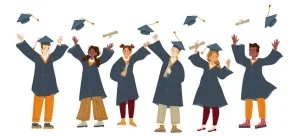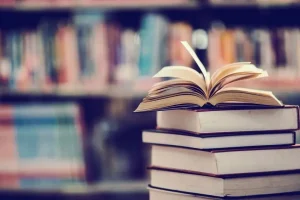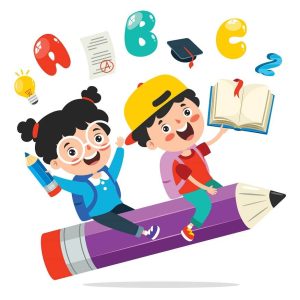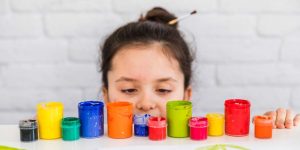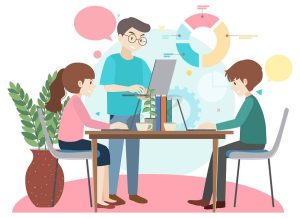Importance of Life Skills
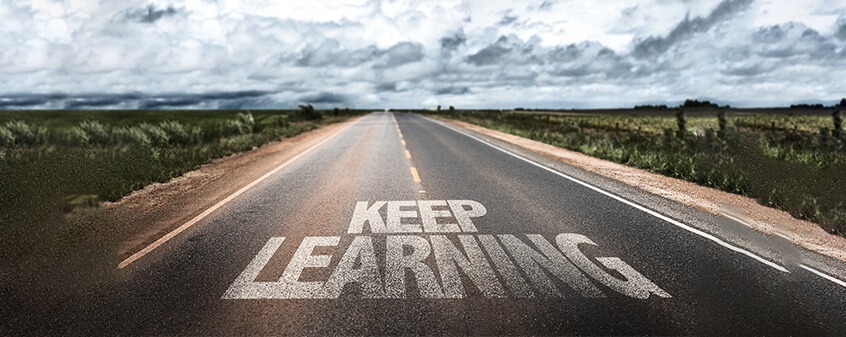
Do learning life skills really help?
Does it lead to any change in an individual’s life?
Will it help my child?
These are frequent questions asked by parents & students.
Life skills have been defined by the World Health Organization (WHO) as “abilities for adaptive and positive behavior that enable individuals to deal effectively with the demands and challenges of everyday life”.
Life skills help kids to find new ways of thinking and problem-solving. Building life skills is essentially an exercise in helping children develop sound judgment and good habits for long-term stability, wellness, and success.
Earlier, the focus of schools was merely on academics, where IQ (Intelligent Quotient) was given more importance than EQ (Emotional Quotient). Now with the changing times, people are realizing the importance of EQ versus IQ.
Children these days have been getting a lot of exposure and learning from the media. Their dependence on the virtual world like social media and games has increased more than earlier times. They are losing connection with the real world and with themselves, this disconnect leads them to isolation, loneliness, and stress. Children feel inadequate and often inept to deal with their emotions and challenges of life. They may get further involved in the virtual world or adopt an addiction as coping mechanisms like gaming addiction, social media dependency, toxic relations or develop severe mental health issues like depression, social and general anxiety, even suicides.
Life skills aim at trying to bridge the difference and enable children to get connected to their selves and their emotions. By teaching them skills like anger management, assertiveness, communication, and interpersonal skills, Decision making and problem-solving, Creative thinking and Critical thinking, Self-awareness and Empathy, Resilience and ability to cope with emotions, etc helps them teach and apply their learning in day to day life. Being aware of your thoughts, feelings and inner body experience helps you understand yourself better.
The practice of skills is facilitated by role-playing in typical scenarios, with a focus on the application of skills and the effect that they have on the outcome of a hypothetical situation. The other important methods used to facilitate life skills learning include group work, discussion, debate, story-telling, and peer-supported learning. Life skills are not the only active learning process but also about experiential learning.
The school that believes in life skills education contributes to the overall growth of the students.
The problem is that as students become busier with sports, dancing, and other extracurricular activities, life skills tend to take a back seat. The suitable curriculum should be designed based on the grade level. It would enhance students’ awareness of their own thinking and behavioral patterns.
Teacher BHIS Santacruz




